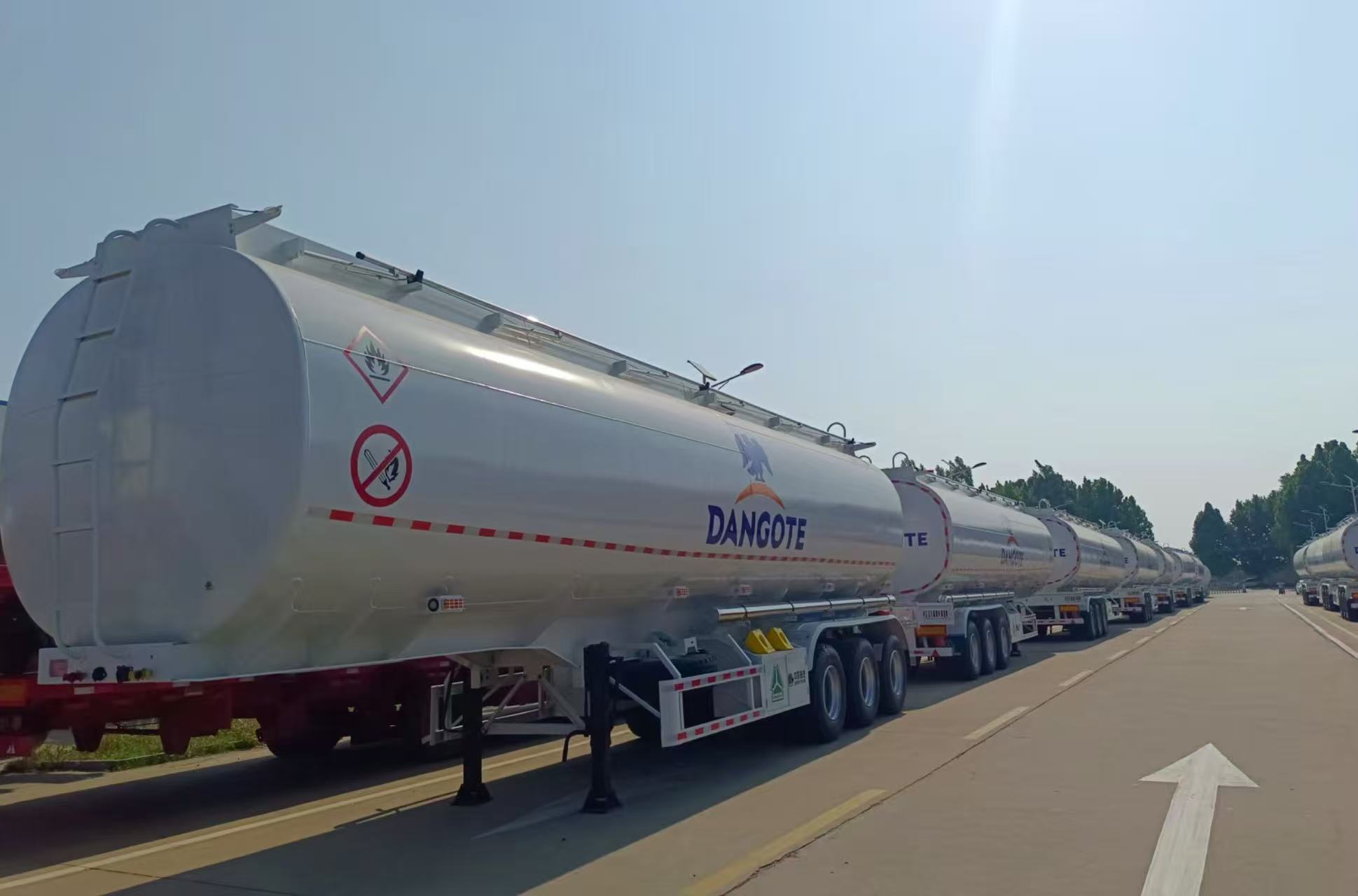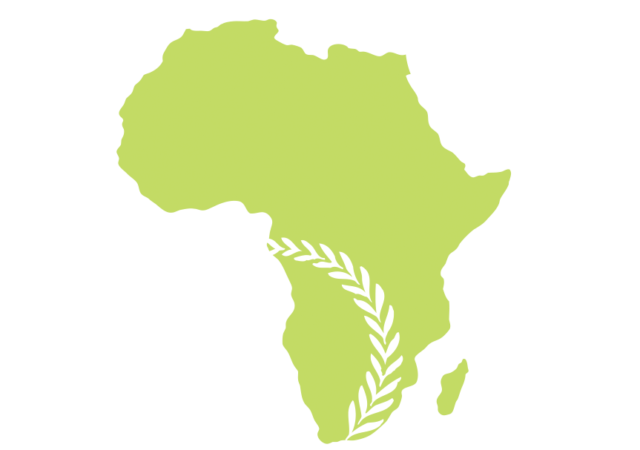- Deploys 4,000 CNG Tankers To Enhance Distribution Network Nationwide
- Offer open to Marketers, Petrol Dealers, Manufacturers, Telecoms Firms, Aviation, and other large users
In a bold move set to reshape Nigeria’s fuel distribution landscape, Dangote Petroleum Refinery has announced a landmark national initiative aimed at easing access to Premium Motor Spirit (PMS) and diesel while significantly reducing logistics costs for bulk fuel consumers across the country.
Effective August 15, 2025, the refinery will begin the direct distribution of PMS and diesel to marketers, petrol dealers, manufacturers, telecommunications firms, aviation companies, and other large users, with free delivery logistics as part of a sweeping strategy to strengthen supply chains and support economic growth.
CNG-Powered Fleet and Fuel Access Expansion
To ensure a seamless rollout, Dangote Refinery has invested heavily in the acquisition of 4,000 brand-new CNG-powered tankers. This represents one of the largest eco-conscious logistics deployments in Africa. The initiative is complemented by the establishment of daughter booster stations and the deployment of 100+ Compressed Natural Gas (CNG) tankers nationwide to support the sustainability-driven distribution framework.
According to a press statement from the company, “This initiative is more than fuel delivery — it’s a game-changing investment in clean logistics, national equity, and economic revitalization,”
The free delivery program targets key national sectors including manufacturing, telecommunications, and aviation, offering them a competitive edge by reducing energy costs.
Petrol stations sourcing directly from the refinery are also expected to benefit, with analysts projecting a ripple effect on retail fuel pricing, supply chain efficiency, and local business resilience.
Credit Facility for Large-Volume Buyers
In addition to the logistics offer, the refinery has introduced a credit scheme for qualified bulk buyers. Customers purchasing a minimum of 500,000 litres of PMS or diesel will be eligible to receive an additional 500,000 litres on credit, valid for two weeks, upon the provision of a valid bank guarantee.
“This is a strategic financial cushion for businesses, designed to stimulate liquidity and operational efficiency during a time of economic recovery,” noted the statement from management of the refinery.
The program is expected to reactivate dormant petrol stations, especially in rural and underserved regions, drive job creation, and stimulate SME activity across the value chain. By improving accessibility and affordability, it also aligns with broader national efforts to lower inflation and boost investor confidence in Nigeria’s downstream petroleum sector.
Partnership with Federal Government & Renewed Hope Agenda
Dangote Refinery credited the Federal Government’s support, particularly through the Naira-for-Crude initiative, as a catalyst for stabilising domestic fuel supply despite global pricing volatility.
The launch, coming under the umbrella of the Renewed Hope Agenda of President Bola Ahmed Tinubu, reflects shared goals of economic resilience, infrastructure development, and inclusive energy access.
Benefits of the program include:
- Reactivation of dormant petrol stations, especially in rural and underserved regions,
- Stimulate job creation and SME activity across the value chain.
- By improving accessibility and affordability, it also aligns with broader national efforts to lower inflation and
- Boost investor confidence in Nigeria’s downstream petroleum sector.
Registration
The management of the refinery, in the statement, invited all eligible customers to register for through a ‘Know Your Customer’ (KYC) process which will run for 60 days, starting from June 16 to August 15, 2025.
With this initiative, Dangote Petroleum Refinery reinforces its vision of a self-sufficient, sustainable, and equitable energy future for Nigeria — one where no region or sector is left behind.
“Our goal is simple,” noted the statement. “To deliver affordable energy to every corner of Nigeria, while promoting cleaner logistics and economic stability.”







